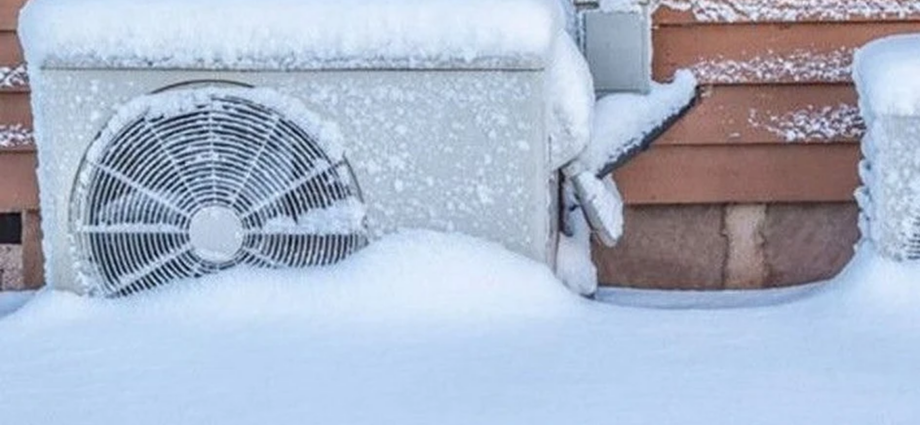
By Yutaro Sasaki, Local Journalism Initiative Reporter, The Guardian
January 14, 2025
There’s no avoiding winter in P.E.I. but a growing number of people are turning to heat pumps to help get them through the cold weather months.
Depending on household incomes, Islanders may be eligible for a free heat pump and other energy efficiency upgrades for their homes.
In an interview with The Guardian on Jan. 7, Derek Ellis, director of the sustainability division at the Environment, Energy, and Climate Action Department, explained the Oil to Heat Affordability Program.
In partnership with Natural Resources Canada, more than 12,000 heat pumps have been installed in Prince Edward Island, he said.
“It’s a moving target every day. We have approximately 8,500 applicants in our queue at various stages, and I expect that number to grow,” Ellis said.
How heat pumps work
Heat pumps are roughly three times more efficient than a baseboard electric radiant heater or a baseboard electric heater, Ellis said.
“Heat pumps utilize the heat in the outside air and pump that into their home, even in cold temperatures. For every kilowatt hour of electricity used, a heat pump would produce three times more than a baseboard electric heater,” he added.
Generally, a heat pump consists of an outdoor unit, a compressor and one or more indoor units, Ellis said.
Within that inside unit, the fan will heat the house, he added.
“They’re operating that as a homeowner with a remote control that doesn’t look a lot different than one you have for your television,” Ellis said.
However, he added that the learning curve for operating one of them properly and efficiently can be steep.
“There are a lot of good resources online around how to operate the most efficiently and effectively. If they can do that, they’ll maximize their home heating oil reductions,” Ellis said.
Differences in heating sources
Hydronic heating systems and forced air oil furnaces are some of the commonly used methods of heating a home on P.E.I., Ellis said.
“Hydronic systems use home heating oil to fire a burner that will heat hot water. There will be plumbing that exits your boiler in the basement and travels through their home. It radiates heat through baseboard radiators, ” he said.
In comparison, forced air oil furnaces heat the oxygen using oil, Ellis added.
“These oil systems are already becoming obsolete. We’re seeing a lot of heat pumps and electric baseboard heating for space heating.”
– Derek Ellis, director of sustainability division, Department of Environment, Energy and Climate Action
“These days, we don’t see many oil-fired systems installed in new builds. We’re seeing a lot of heat pumps and electric baseboard heating for space heating. I would say these oil systems are already becoming obsolete,” he said.
Over the last five years, Ellis said heat pumps have become more robust.
“They’re producing heat efficiently at negative degree temperatures, and we’re making sure that the heat pumps are efficient at cold temperatures. Compared to the ones on the market a decade ago, it’s dramatic,” he said.
Yutaro Sasaki is a Local Journalism Initiative reporter, a position funded by the federal government. He can be reached by email at ysasaki@postmedia.com and followed on X @PEyutarosasaki.

Subscribe to our newsletter.


